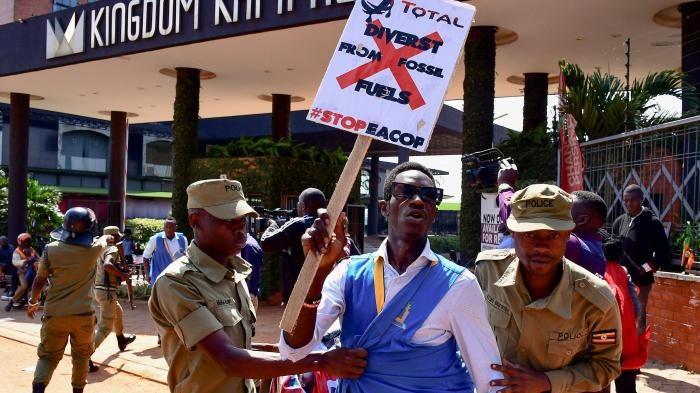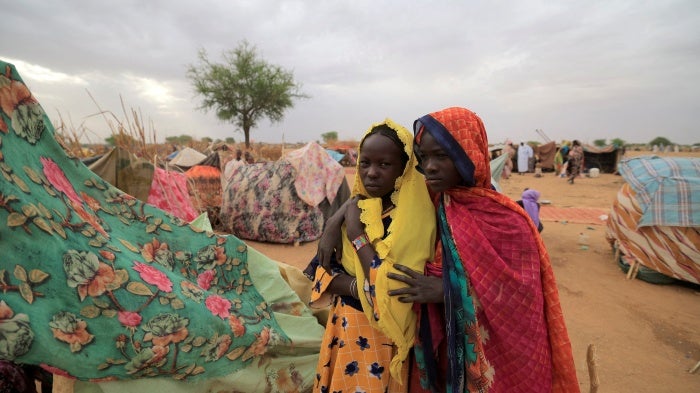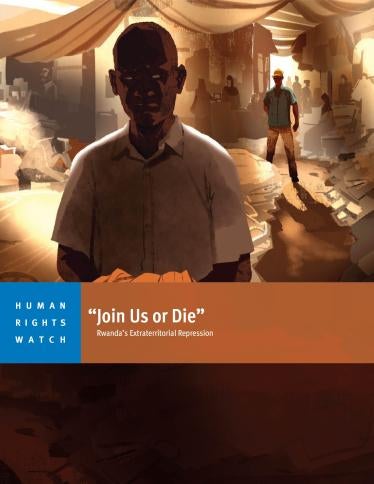“Working On Oil is Forbidden”
Crackdown against Environmental Defenders in Uganda
The 22-page report, “‘Working On Oil is Forbidden’: Crackdown Against Environmental Defenders in Uganda” documents the Ugandan government’s restrictions on freedom of expression, association, and assembly related to oil development, including the planned East African Crude Oil Pipeline (EACOP). Civil society organizations and environmental defenders regularly report being harassed and intimidated, unlawfully detained, or arbitrarily arrested.


